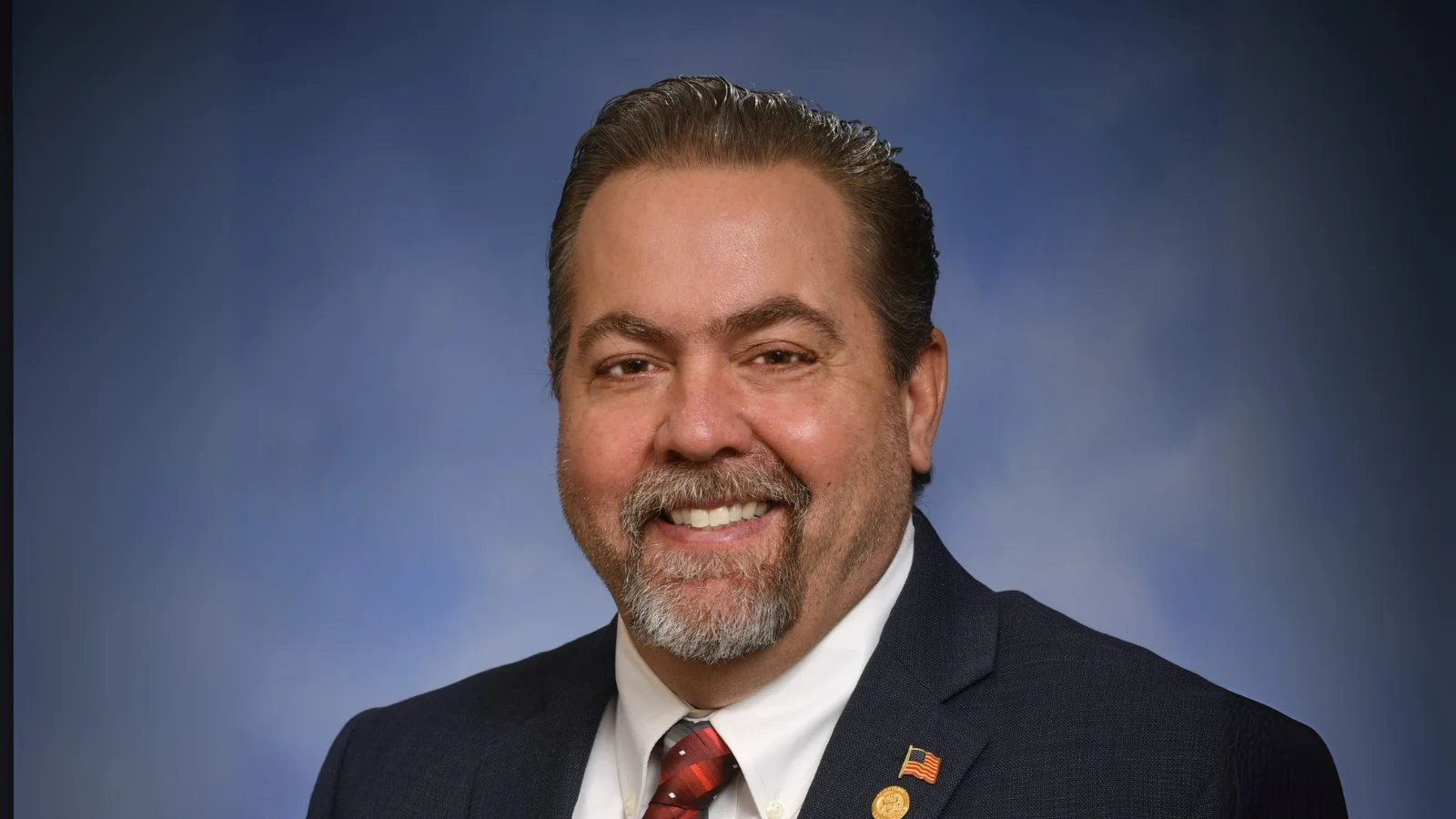Rep. Dave Prestin | Official Website
Rep. Dave Prestin | Official Website
Upper Peninsula lawmakers have released the details of Michigan's newly finalized state budget and road funding agreement, following an extension beyond the original deadline. The plan, developed by four Upper Peninsula representatives and Senator Ed McBroom, results in a reduction of the overall state budget from $84 billion to $80 billion while increasing road funding by about $2 billion. This is the first time year-over-year spending has been reduced since 2011.
Rep. Dave Prestin, R-Cedar River, described the process as “a very dynamic and challenging budget,” adding: “The House and governor were determined to get real funding for roads. The House believed it could be done without increasing taxes, but by stripping government waste. Our efforts showed it was possible by fighting ghost employees, department slush funds, empty buildings and tightening general spending.”
For several months, the House put forward proposals for both a leaner budget and increased road funding. It was not until September that Senate leaders agreed to link road funding with the overall budget if some additional revenue sources were considered and fewer cuts made.
Rep. Greg Markkanen, R-Hancock, chair of the House Appropriations Subcommittee on Higher Education and Community Colleges, commented: “It is remarkable how a long, deep inspection of the state’s spending showed us just why the budget has ballooned from under $40 billion to over $80 billion in just 15 years. Departments had funds for thousands of employees who were never hired and leases for buildings no one uses. It was time to hold them accountable and use the tax dollars for road funding.”
The new plan relies on savings from eliminating wasteful spending along with increases in marijuana tax revenues and a slower pace for corporate tax reductions. There is also a significant restructuring of fuel taxes so more money collected at gas stations will now be used directly for roads.
Rep. Karl Bohnak, R-Marquette stated: “People believe the taxes at the pump should go to roads. This generational change should have been done 50 years ago. This plan also increases available funds for our cities and our counties rather than directing them all to the state. Additionally, it dramatically increases funding for our bridges, which is desperately needed.”
In addition to road investments, other provisions include ongoing school meal programs; increased support for local transit authorities; higher per-pupil school funding; targeted transportation aid for rural districts; community arts grants; elimination of taxes on tips, Social Security benefits and overtime pay; but no hikes in hunting or fishing license fees.
“Getting serious about road funding and cuts to wasteful spending made crafting this budget look historically different from past years,” said Rep. Parker Fairbairn, R-Harbor Springs. “Despite that, the U.P. Team was successful in obtaining or restoring some key funding such as reconstruction from the huge spring ice storm and record per-student funding for our schools.”
Fiscal experts warn that Michigan faces difficult financial conditions next year but lawmakers hope these measures will make future budgets easier to manage even though many local governments may see flat or reduced state support.
Senator McBroom added: “Various parts of our government, state and local, are having to make do with less in order to see roads be taken seriously... Better road funding especially to our local road agencies will hopefully help alleviate some of that pressure by reducing what local governments and residents have to spend out of their own budgets for road and vehicle repairs.”
Despite broad gains in securing funds across several communities—including nearly $5 million each toward Menominee Public Schools repairs after flood damage; almost $1 million replacing Ishpeming’s fire truck; millions more supporting industrial site upgrades at Sawyer—lawmakers acknowledged disappointment over losing $50 million intended for infrastructure improvements in Gogebic County.
“The intensity of the budget process allowed us so many opportunities to discuss this key project with our colleagues and executive branch,” said Markkanen and McBroom jointly regarding efforts still underway in Gogebic County.“Support is increasing,and we are closer than ever to obtaining final votes...for benefit of all U.P., particularly west end.”
With passage of this year's budget complete,the legislators say they will now focus on additional priorities such as addressing unspent disaster recovery dollars in Baraga County,and reassigning unused healthcare facility grants.Their energy reform bills are pending before Michigan’s Senate.
“Getting the budget done this week means our fall mission to get these critical bills done for the U.P.can have all of our attention,” said Bohnak and Prestin.“Our minesand forest industries along with all homes face certain massive increases in electrical bills if we do not get this reform.We are working closely with USW [United Steelworkers]and other U.P.stakeholders...before increases start that would force mine topay$15million more per month forelectricity.OurU.P.future depends onthis success.”




 Alerts Sign-up
Alerts Sign-up